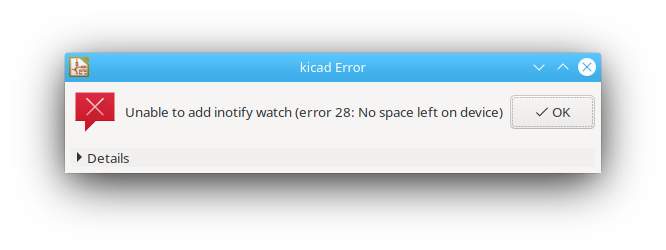Problem
You are trying to run a firmware on the Olimex E407 that blinks the builtin green status LED. You code uses LED_BUILTIN similar to this:
#include <Arduino.h>
void setup() {
pinMode(LED_BUILTIN, OUTPUT);
}
void loop() {
digitalWrite(LED_BUILTIN, LOW);
delay(500);
digitalWrite(LED_BUILTIN, HIGH);
delay(500);
}but when you upload the code onto the board, the LED does not blink and stays off.
Solution
Instead of LED_BUILTIN, use PC13 – the pin the LED is connected to (which you can see on the Olimex E407 schematic:
#include <Arduino.h>
void setup() {
pinMode(PC13, OUTPUT);
}
void loop() {
digitalWrite(PC13, LOW);
delay(500);
digitalWrite(PC13, HIGH);
delay(500);
}

